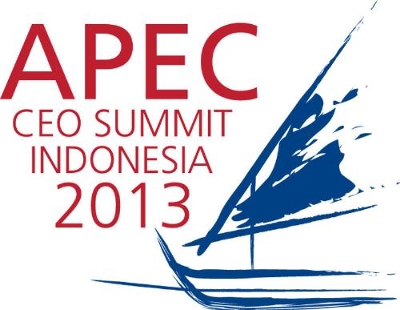In Seth’s blog, he mentions a few attributes that many of us value in co-workers, bosses, employees, friends and venders. His main point in his blog is that these valuable attributes can be trained. It’s an excuse to say that they are naturally born with some people. I agree with his idea that these attributes can be learnt, but he forgets to mention how people can learn these attributes and how companies can train its employees to have these valuable attributes. My blog will focus on one topic that is how companies can train its employees to have these attributes.
Companies can train its employees by establishing an organizational culture. An organizational culture is “a pattern of shared values, beliefs, and assumptions considered to be the appropriate way to think and act within an organization.” Companies should come up with a set of attributes that are valued in the organization. They should instill these attributes into the minds of its employees through working environment and training sessions. Once these attributes are engraved in employees’ minds, they will unconsciously act according to these attributes. Thus, companies successfully create an efficient and desired workforce.
In conclusion, valuable attributes are “not a gift”. However, companies can train its employees to have these “gifts”, which will in turn make companies more efficient.
Sources:
http://sethgodin.typepad.com/seths_blog/2013/11/not-a-gift.html
Pictures from















